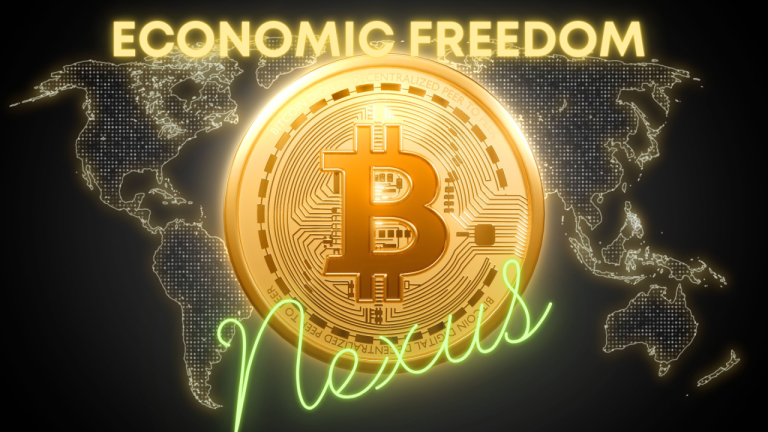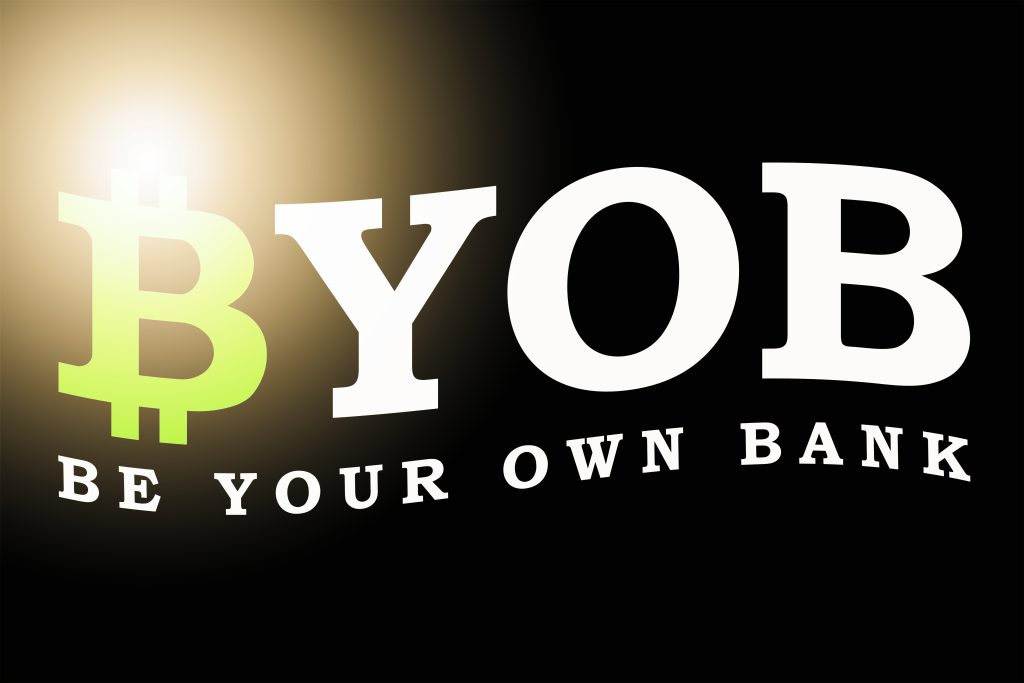
We all know central bank digital currencies (CBDCs) are the furthest thing there is from actual cryptocurrency. That “financial inclusion” usually just means more laws preventing poor people from free exchange and survival in broken, state-run fiat madhouses. The Economic Freedom Nexus is a new bi-monthly newsletter sent straight to your inbox contextualizing the latest in crypto and finance news globally, through the lens of Bitcoin and crypto autonomy. The Nexus brings everything back to what this was all about in the first place — money without a middleman.
The opinions presented in this editorial newsletter are solely those of the author, and do not necessarily represent the views of Bitcoin.com or Bitcoin.com News
Join the Nexus: Crypto News Focused on Freedom
Taking a cursory scan through the news today, I see that decentralized social media company LBRY Inc. has called it quits, finally exhausted by the endless harassment and legal bullying of the U.S. Securities and Exchange Commission (SEC). With LBRY getting nuked, the fate of its popular app Odysee — a Youtube competitor known for its truly uncompromising stance on free speech and quirky content — now teeters in the balance.
This, unfortunately, is a perfect segue into something Bitcoin.com News just reported Friday, namely that international crypto mixers are now likely to be viewed as criminal by the United States Treasury and related regulators, “because terrorism.” Which terror, of course, crypto is statistically hardly used for, anyway. No, that stuff is the specialty of government and central bank monetary systems.

And so, the ugly picture that’s been developing for years becomes clearer. Whether it’s speech, code, or money (all forms of information) these developments signal a grave and unyielding — and violent — push in the opposite direction of freedom and protection. A push towards a dark paradigm where individual expression must be approved before being uttered (as on Youtube, other mainstream social media, and in oppressive political zones), and financial transactions must be similarly stalked and surveilled and stifled every step of the way. After all, if you’re not a criminal and have nothing to hide, then what are you afraid of?
Information is like water — like air. Hard to contain. Decentralized blockchains and privacy protocols preserving human dignity can still be used in mass, decentralized non-compliance. They’re hard to stop. Thus the clownish fear mongering being put on by those in power. An example might be this telling sentence from a recent report by the Bank for International Settlements (BIS):
[Crypto] has so far failed to harness innovation to the benefit of society … it does not finance real economic activity. It suffers from inherent shortcomings related to stability and efficiency, as well as accountability and integrity.
This uttered by that paragon of integrity, BIS, who shamelessly funded and profited from both genocidal teams in WWII, as a matter of public record. The arrogance of ignoring how crypto has helped folks survive in developing and inflation-ravaged countries is also hard to believe. As for stability and efficiency, when I send bitcoin cash (BCH), it works for me every time, and is quite efficient and cheap. So there’s that.

The Nexus Newsletter is about the beauty of bitcoin and permissionless exchange in general, whatever the medium: I don’t need to prove I am not a member of Hamas, or one of those scary, scary Russians before buying food for my family. I’m not forced to show a social credit score or a “carbon footprint.” People shout for regulation, and indeed private, consensual free markets can and do handle such things well, but the regulation we see now is literal abusers and violent crooks controlling what the majority of non-violent individuals may or may not do in peace. I think we can find a better way.
Join the Nexus for no-nonsense crypto news through the lens of permissionless, economic freedom today:
What are your thoughts on the current state of crypto? You can share your views in the comment section below.





